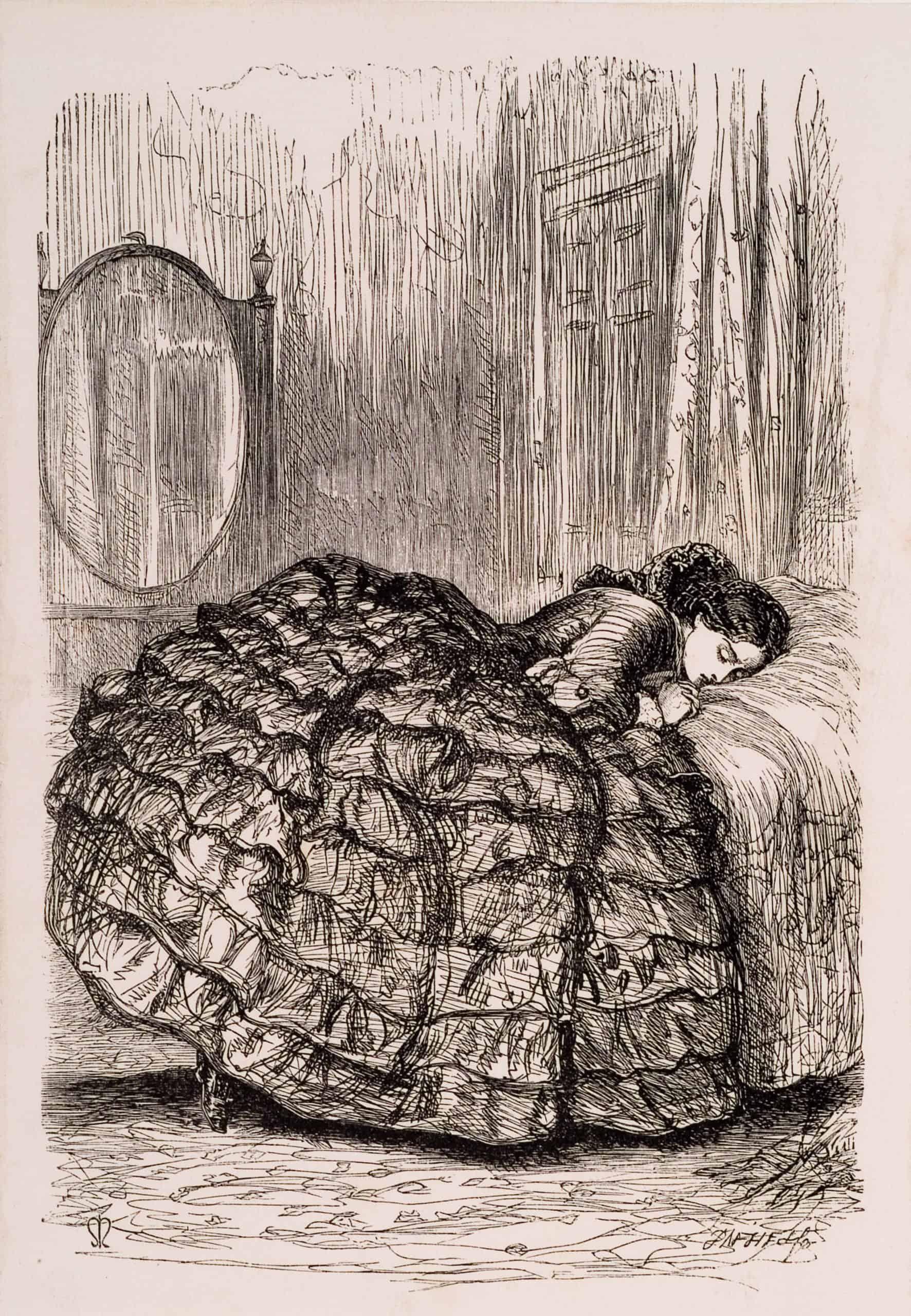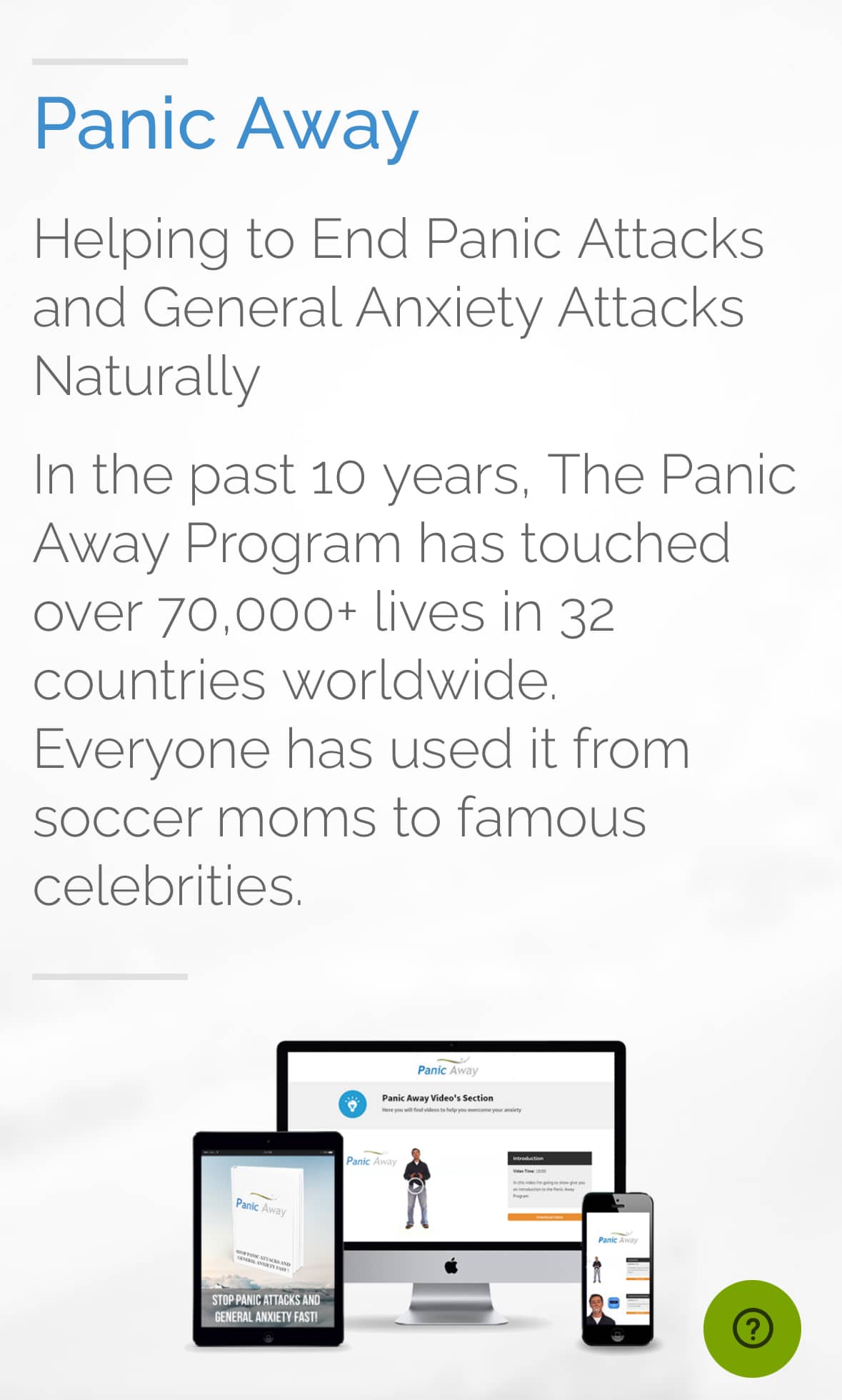Depersonalization and OCD

Depersonalization, a psychological phenomenon characterized by a sense of detachment from oneself and one’s surroundings, often raises questions about its relationship with Obsessive-Compulsive Disorder (OCD).
Both conditions are intricate and can interact in complex ways, impacting individuals’ perceptions of reality and their lived experiences.
This exploration delves into the connection between depersonalization and OCD, shedding light on how the intrusive thoughts, compulsions, and anxiety associated with OCD can potentially contribute to or amplify feelings of detachment and unreality.
By examining the intersection of these two psychological states, we can gain a deeper understanding of the factors at play and the strategies that might aid in managing both conditions effectively.

Ready to reclaim your life, one fearless step at a time? Your personalized path to anxiety-free living starts now!
Unlock your extraordinary future with PanicAway!
Don’t let anxiety define your story. Choose PanicAway, and step into a world bursting with limitless opportunities and unshakable self-assurance. Your personalized path to an extraordinary life is right here!
Meet PanicAway: Your Personal Roadmap to Liberation from Anxiety
Tired of letting anxiety steal the best moments of your life? It’s time to take charge and embrace a world filled with possibilities, free from fear and panic.
Why PanicAway is Your Perfect Ally in this Journey:
- Immediate Relief: Imagine those sleepless nights and crippling panic attacks becoming distant memories. PanicAway arms you with techniques for instant anxiety relief, putting you back in control.
- Empowerment from Within: It’s not about just managing anxiety; it’s about conquering it at its core. Rediscover your inner strength and emerge as a fearless, empowered version of yourself.
- Reclaim Your Freedom: Visualize a life where anxiety no longer dictates your choices. With PanicAway, you’ll savor the freedom to chase your dreams, explore the world, and seize every opportunity with unwavering confidence.
- Proven Success Stories: Join the community of individuals who’ve transformed their lives with PanicAway. You can be the next success story, and we can’t wait to celebrate your triumph!
- Comprehensive Support: You gain access to a treasure trove of resources, from life-changing e-books to enlightening audio guides. Plus, connect with kindred spirits on their own journeys to overcome anxiety.
What is Depersonalization?
Depersonalization derealization disorder is often described as a subjective sense of unreality, as if the world or the self is somehow distant or distorted.
People experiencing depersonalization might feel like they’re in a dream-like state, disconnected from their emotions, or even like an observer rather than a participant in their own life.
This phenomenon can be transient and mild, but it can also become chronic and distressing, leading to significant impairment in daily functioning and quality of life.
It’s closely related to another phenomenon called “derealization,” where individuals feel that their surroundings or the external world are unreal or unfamiliar.
Depersonalization derealization disorder can occur in various contexts, such as during high levels of stress, anxiety, depression, or as a response to traumatic experiences (childhood trauma).
Sometimes it’s a symptom of disorders like depersonalization-derealization disorder or can occur alongside other conditions like anxiety disorders, post-traumatic stress disorder (PTSD), or dissociative disorders.
If you or someone you know is experiencing persistent or distressing depersonalization, it’s important to seek help from a mental health professional. They can provide proper assessment, diagnosis, and appropriate treatment options, which might include therapy, medication, or a combination of approaches.
What are you waiting for? – Download Your FREE OCD Worksheets Now!
Can OCD Cause Depersonalization?
Yes, Obsessive-Compulsive Disorder (OCD) can potentially contribute to or exacerbate depersonalization in some individuals.
The constant and distressing intrusive thoughts, as well as the ritualistic behaviors or mental compulsions associated with OCD, can create significant levels of anxiety and stress.
This heightened anxiety and distress might, in turn, contribute to feelings of detachment, unreality, or depersonalization.
While the relationship between Obsessive-Compulsive Disorder (OCD) and depersonalization is complex, there are several ways in which OCD might contribute to or interact with depersonalization:
Anxiety and Stress
OCD is often characterized by intense anxiety and distress caused by intrusive thoughts (obsessions) and the need to perform rituals or mental compulsions (compulsions) to alleviate that anxiety.
This ongoing high level of anxiety and stress can create a heightened emotional state that might increase the likelihood of experiencing existential OCD or derealization.
Hyperawareness
Individuals with OCD often become hyperaware of their thoughts, feelings, and bodily sensations due to the constant monitoring and analysis of their obsessions and compulsions.
This heightened self-awareness could potentially contribute to feelings of detachment or unreality, leading to depersonalization and existential ocd.
Cognitive Strategies
People with OCD often employ cognitive strategies to cope with their obsessions and compulsive behaviors. These strategies might involve mentally distancing themselves from their thoughts or trying to suppress them. Usual compulsive responses could inadvertently lead to feelings of disconnection or depersonalization.
Impact on Daily Life
The intrusive nature of OCD symptoms can interfere with daily functioning and disrupt one’s sense of control over their thoughts and actions.
This disruption in normal functioning can contribute to a sense of detachment from oneself, potentially leading to depersonalization.
Comorbidity
OCD commonly co-occurs with other mental disorders, such as anxiety disorders, panic disorder or depression. These conditions themselves can contribute to existential OCD, making it challenging to determine whether the depersonalization is directly caused by OCD or is a result of its interaction with these other conditions.
It’s worth noting that while there is a potential link between somatic OCD and depersonalization, not everyone with OCD will experience depersonalization.
If you or someone you know is experiencing symptoms of OCD or depersonalization, seeking help from a mental health professional is crucial to receive a proper diagnosis and develop an appropriate treatment plan.
Related Articles – What Causes OCD To Get Worse?
I Have OCD, Should I Fear Depersonalization?

Experiencing occasional or mild depersonalization does not necessarily mean you should fear it. While there is a potential link between OCD and depersonalization, not everyone with OCD will experience depersonalization, and it’s not a guaranteed outcome.
If you are experiencing depersonalization or have concerns about it, discussing your feelings with a mental health professional can provide you with more personalized guidance and support.
They can help you understand the underlying causes and develop strategies to manage both your OCD and any associated symptoms (repetitive behaviors) like depersonalization.
Here are some additional details to consider:
Variability
The experience of depersonalization can vary widely from person to person.
Some individuals with OCD might never experience derealization episodes, while others might experience it only occasionally or during times of heightened stress.
Severity
The severity of depersonalization can also vary.Some people might have very mild episodes that don’t significantly impact their daily lives, while others might experience more intense feelings of detachment or unreality.
Management
If you’re experiencing depersonalization or have concerns about it, it’s a good idea to discuss your feelings with a mental health professional.
They can help you understand the relationship between your OCD and any depersonalization you might be experiencing.
They can also provide guidance on managing both your OCD symptoms and any associated feelings of detachment.
Treatment
Treatment for OCD typically involves a combination of therapy (such as Cognitive Behavioral Therapy) and, in some cases, medication.
Addressing your OCD symptoms through appropriate treatment can also indirectly help manage any associated feelings of depersonalization.
Self-Care
Engaging in self-care practices, managing stress, and maintaining a healthy lifestyle can contribute to better overall mental well-being and potentially reduce the likelihood of experiencing depersonalization.
Remember that discussing your concerns with a mental health professional is essential. They can provide personalized advice and strategies to address your specific situation.
If you ever experience distressing or persistent depersonalization, it’s important to seek professional help to determine the best course of action for managing your symptoms.
Related Articles – 10 Celebrities with OCD
How to Recover From Depersonalization

Recovering from depersonalization typically involves a combination of self-care practices, therapy, and, in some cases, medication.
Here are some steps you can consider:
Professional Help: Consult a mental health professional, such as a therapist or psychiatrist, who has experience with depersonalization and related conditions. They can provide a proper diagnosis, guidance, and tailored treatment recommendations.
Therapy: Cognitive Behavioral Therapy (CBT), Response Prevention therapy and Mindfulness-Based Therapies are often used to treat depersonalization. CBT can help identify and challenge panic attacks, distressing thoughts, compulsive rituals and beliefs contributing to existential questions. Mindfulness techniques can assist in grounding you in the present moment and reducing feelings of detachment.
Stress Management: Engage in stress-reduction techniques such as deep breathing, progressive muscle relaxation, yoga, and meditation. Lowering overall stress levels can help alleviate depersonalization.
Healthy Lifestyle: Prioritize physical well-being by maintaining a balanced diet, getting regular exercise, and ensuring sufficient sleep. These factors can positively influence your mental health.
Avoid Substances: Avoid or limit substances like alcohol and recreational drugs, as they can worsen depersonalization symptoms.
Routine: Establish a structured daily routine, which can provide a sense of stability and predictability, helping to ground you in reality.
Social Support: Stay connected with friends and family who provide support and understanding. Isolation can exacerbate feelings of detachment, so maintaining social connections is important.
Avoid Over-Focusing: While it’s important to acknowledge your feelings, avoid obsessively analyzing or constantly checking for depersonalization symptoms, as this can reinforce the experience.
Patience: Recovery from depersonalization takes time. Be patient with yourself and acknowledge progress, even if it’s gradual.
Medication: In some cases, doctors might prescribe medication to address underlying anxiety or other factors contributing to depersonalization. Consult a psychiatrist for proper assessment and recommendations.
Remember that recovery is a personalized journey. What works for one person might not work exactly the same way for another.
It’s advisable to work closely with a mental health professional to develop a comprehensive and tailored plan to manage and overcome depersonalization.
Related Articles – Three Evidence-Based Treatments For OCD

Ready to reclaim your life, one fearless step at a time? Your personalized path to anxiety-free living starts now!
Unlock your extraordinary future with PanicAway!
Don’t let anxiety define your story. Choose PanicAway, and step into a world bursting with limitless opportunities and unshakable self-assurance. Your personalized path to an extraordinary life is right here!
Meet PanicAway: Your Personal Roadmap to Liberation from Anxiety
Tired of letting anxiety steal the best moments of your life? It’s time to take charge and embrace a world filled with possibilities, free from fear and panic.
Why PanicAway is Your Perfect Ally in this Journey:
- Immediate Relief: Imagine those sleepless nights and crippling panic attacks becoming distant memories. PanicAway arms you with techniques for instant anxiety relief, putting you back in control.
- Empowerment from Within: It’s not about just managing anxiety; it’s about conquering it at its core. Rediscover your inner strength and emerge as a fearless, empowered version of yourself.
- Reclaim Your Freedom: Visualize a life where anxiety no longer dictates your choices. With PanicAway, you’ll savor the freedom to chase your dreams, explore the world, and seize every opportunity with unwavering confidence.
- Proven Success Stories: Join the community of individuals who’ve transformed their lives with PanicAway. You can be the next success story, and we can’t wait to celebrate your triumph!
- Comprehensive Support: You gain access to a treasure trove of resources, from life-changing e-books to enlightening audio guides. Plus, connect with kindred spirits on their own journeys to overcome anxiety.
Final Thoughts on Depersonalization and OCD
In unraveling the intricate interplay between Depersonalization and Obsessive-Compulsive Disorder (OCD), we’ve come to appreciate the multifaceted nature of these psychological experiences.
While not all individuals with OCD will necessarily experience depersonalization, it’s clear that the constant anxiety, heightened self-awareness, and cognitive strategies associated with OCD can contribute to feelings of detachment and unreality.
Recognizing this connection is crucial, as it underscores the need for a holistic approach to mental health treatment. Addressing OCD through therapy, medication, and self-care not only tackles the core symptoms but can also indirectly alleviate associated feelings of depersonalization.
The journey to recovery demands patience, a willingness to seek professional help, and a commitment to integrating coping mechanisms and strategies that cater to individual needs.
